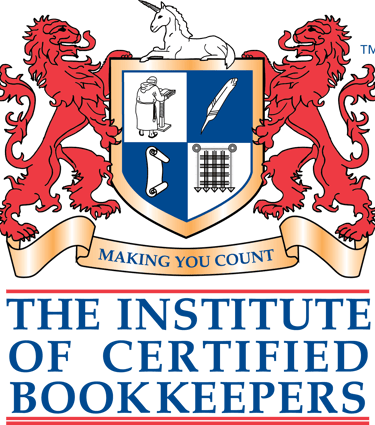How to Record Business Transactions Correctly – Cash Basis or Accruals?
Not sure whether to use cash basis or accrual accounting? This simple guide explains the difference and why it matters for your business.
BOOKKEEPING


Ever wondered if it’s possible to record business transactions incorrectly? You might think it’s just a matter of checking your bank statement and jotting everything down in a spreadsheet or your accounting software. But there’s a bit more to it than that! Understanding the basics can really help, and it’s crucial for you as a business owner since you’re ultimately responsible for any filings with HMRC and Companies House.
Let’s break it down without any complicated jargon!
The Two Main Accounting Methods
1. Cash Basis Accounting
2. Accrual Accounting
(also known as Traditional Accounting)
Even if you’re not a trained accountant or bookkeeper, having a good grasp of these concepts is essential for managing your business effectively. Additionally, it helps you better understand your finances
What’s the Difference?
The primary difference between cash basis and accrual accounting revolves around timing.
- Cash Basis Accounting looks at real cash movements. It’s all about when the money actually comes in or goes out of your account.
- Accrual Accounting, on the other hand, records transactions based on when they occur, regardless of cash flow. This means you recognise income and expenses when they happen, not necessarily when the cash is transferred.
Let’s Illustrate with an Example:
Imagine you send an invoice to a client on February 28th for work completed in February, with a payment term of 14 days. You will receive the payment in March, approximately 10 days after.
- Cash Basis Treatment: This transaction gets recorded in March since that’s when the cash came into your account.
- Accrual Accounting: Here, the transaction would be recorded in February because the work was done then. It’s all about matching the income to the period it relates to.
While accrual accounting can be a bit more complex (and might involve some adjustments when you prepare annual accounts and tax returns), it’s helpful for you to know the basics. Your bookkeeper will handle the nitty-gritty details, but being familiar with the concepts can help you understand what’s happening with your finances.
Why Does It Matter?
How you record your transactions can impact your tax returns. Some transactions may relate to the next financial year, which can result in your business profits being reported differently depending on the method used. Keep in mind, this doesn’t mean you’ll pay more or less tax; it simply changes the timing of when you recognise the income.
Who Can Use Cash Basis Accounting?
Cash basis accounting is often easier for business owners and non-accountants to grasp since it’s straightforward—no confusion about money flowing in and out! Plus, it’s easy to back up with bank statements.
However, not everyone can use it. If you run a limited company or a limited liability partnership, you need to use accrual accounting. But if you’re self-employed or part of a partnership, cash basis is typically the default option when filing your self-assessment tax return—you can opt out if you prefer the accrual method. And the best part? There’s no size or turnover limit for using cash basis accounting!
So, whether you decide to use a cash basis or accrual, remember that understanding the basics can empower you to make better financial decisions for your business. Happy accounting!cial challenges with tailored support and friendly advice. Let’s chat about how I can help your business grow!






